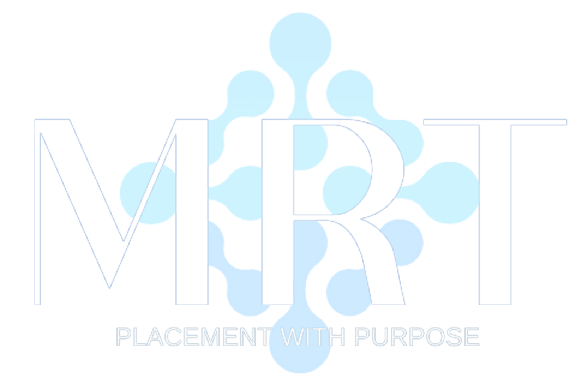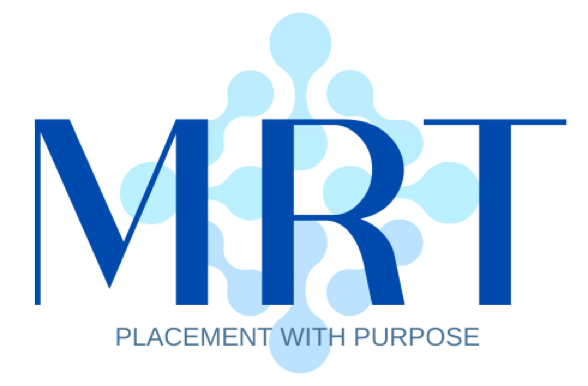December 21, 2023
Transformative Trends: A Glimpse into the Manufacturing Industry Predictions for 2024
In the ever-evolving industry of manufacturing, the oncoming year of 2024 is predicted to stand out as a year marked by pivotal change. This article provides a concise exploration of three key trends that are set to redefine the industry, as indicated by manufacturing industry predictions: the continued integration of advanced technologies, the reinforcement of supply chain resilience, and a heightened focus on clean practices and carbon neutrality. Together let’s delve into the essential insights shaping the future of manufacturing.

1. Technological Integration: The Engine of Innovation
In 2024, the manufacturing sector is set to continue integrating cutting-edge technology into the manufacturing process, propelling the industry into new realms of efficiency and innovation. The use of generative AI in manufacturing has been on the rise, “The global manufacturing AI market is expected to hit approximately 68 billion USD by 2032, growing at a CAGR of 33.5%. Currently, automotive, heavy machinery, electronics, chemicals, and metals industries have seen the greatest deployment of AI yet, but other sectors have good reasons to catch up.”
The industry should also expect to see a rise in the use of automation in 2024. As we enter the new year, manufacturing companies continue to grapple with challenges related to worker recruitment and retention. According to the National Association of Manufacturing’s (NAM) 2023 Outlook survey, 7 in 10 surveyed manufacturers identified the inability to attract and retain workers as their primary business concern. Given the persistent struggle to find qualified workers to fill these vacancies, one effective solution could involve seeking assistance from recruiters. Recruiters can play a pivotal role in identifying and connecting with skilled individuals in the labor market. As companies partner with recruiters to address workforce challenges, workers in the industry may expect to witness the emergence of more “smart factories” that seamlessly integrate AI and automation, contributing to enhanced operational efficiency.
The integration of advanced technology into the manufacturing industry provides a unique set of positives. First, the use of technology helps reduce the overall time of the production process as well as the frequency of human error occurring. Automation tools provide the potential to complete preventive maintenance, in which reports of the machine’s efficiency can be monitored. Machines that need maintenance can send out reminder metrics in the weeks leading up to the reboot, minimizing the effect of the machine being temporarily out of commission.
2. Reinventing the Supply Chain: A Paradigm Shift
2024 is also predicted to bring a focus on reinforcing the reliability of supply chains. The pandemic and its consequences acted as a rude awakening for manufacturers across the globe, “The initial worldwide supply chain disruption of 2020 continued to make waves in the subsequent years, driving home just how precarious the normal status quo has been for nearly every facility and business. Thus, it is unsurprising that in 2024, the supply chain continues to hold a prominent position as an area for continuous monitoring, management, and improvement, with facilities seeking creative ways to add flexibility and reliability while also retaining value.” Manufacturers want to ensure that they have supply chains that are more resilient against these types of unpredictable circumstances.
Supply chain reassessment goes beyond reactive measures; it’s about proactive resilience. Industry leaders are adopting innovative solutions to fortify their supply chains against disruptions, embracing technology, and leveraging data-driven insights to ensure uninterrupted operations. As touched upon earlier, expect to see technology play a part in maximizing the efficiency of these supply chains.
3. Clean Practices and Carbon Neutrality: A Green Revolution
The manufacturing industry is witnessing a major shift toward clean practices and carbon neutrality, fueled by a growing awareness of environmental impact and the need for sustainable operations. Consumers and government figures alike are calling for a greener future.
Recent government funding has helped accelerate these green rollouts, “The investments in semiconductor and clean technology manufacturing are nearly double the commitments made for these sectors throughout 2021, and nearly 20 times the amount allocated in 2019. Since passage of the Inflation Reduction Act, close to 200 new clean technology manufacturing facilities have been announced—representing $88 Billion USD in investment—which are expected to create over 75,000 new jobs.”
Clean practices and carbon neutrality are no longer optional; they are imperative. Manufacturers are increasingly adopting green technologies, sustainable processes, and carbon-neutral initiatives to reduce their environmental footprint. This focus not only resonates with consumers but also positions companies as responsible stewards of the planet.
Overview:
By embracing the technological age, fortifying supply chains, and committing to clean and sustainable practices, manufacturers are not merely adapting to change but driving a seismic shift in the industry. As the future unfolds, these pillars will be the guiding forces propelling the manufacturing sector into an era of unparalleled innovation, resilience, and eco-conscious operations.
The future of manufacturing is here. It is important to stay informed on the industry and its changes to remain a top-quality competitor in the field, whether an individual or an enterprise. Follow us at Management Recruiters of Tallahassee to find current and relevant manufacturing news broken down by real people.

